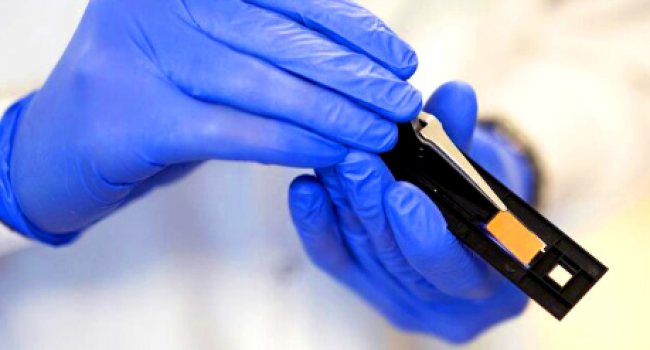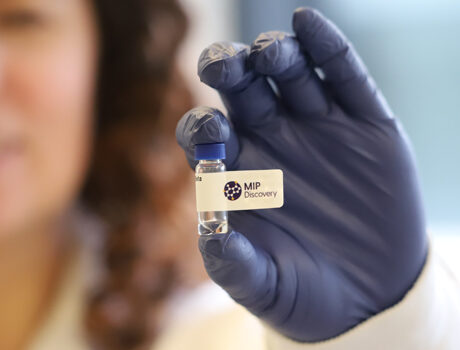We design recognition.
Cell and gene therapies offer exciting new possibilities for curing diseases and improving quality of life. Viral vectors are critical components for many such therapies; however the underlying technologies used to design and manufacture these components is not yet at the required standard in terms of scale, performance or economics.
MIP Discovery has identified critical challenges present during the development and manufacture of viral vectors. In response to these, we are developing synthetic affinity reagents that offer an alternative approach to detection, capture and purification of challenging target molecules, including Endotoxins, residual PEI, Lentivirus and AAV capsids. Our unique, animal free solutions can withstand extreme temperatures and caustic environments, and have been exemplified in ELISA, BLI, magnetic resins and chromatography applications.
MIP Discovery is designing high value, synthetic recognition reagents to support a healthier, happier society, with a particular focus in two key areas; drugs of abuse testing and cell and gene therapy.
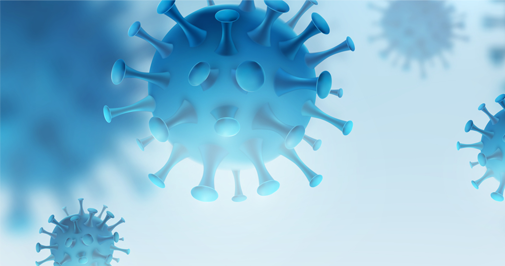
Viral Vector Titration
We are developing a suite of Lentiviral and AAV affinity reagents for viral titration and more.
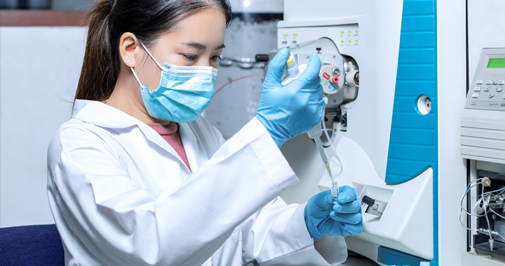
Affinity Purification
We are using rational design to generate chemically robust synthetic affinity ligands for improved affinity purification.
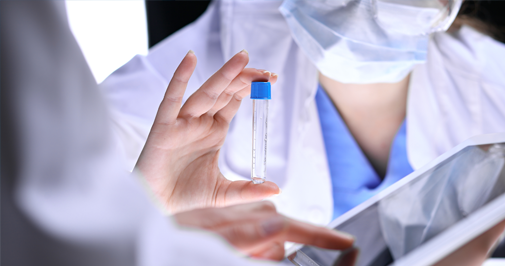
Safety and QC Testing
We are using our technology to streamline safety and QC testing for endotoxin, PEI and other contaminants.
Why synthetic affinity reagents?
Recognition by design
Our ‘recognition by design’ approach will enable our partners to create best-in-class detection and purification solutions by placing rationally designed affinity reagents at the core of their platforms and technologies.
Scalable Manufacture
Rational design and chemical manufacturing processes means our customers always get reproducible and scalable affinity reagents. We use our experience and expertise to eliminate risk and ensure consistency.
Ethically Produced
Our synthetic affinity reagents are ethically produced and animal component free. Their chemical nature allows for exposure to harsh conditions without impacting performance.
Trusted by Industry Innovators

Professor Tony Turner
Pioneer of home blood glucose monitoring
“The weakness of biological materials is their instability when incorporated into bioelectronic devices like biosensors. I have long been interested in biomimetic alternatives to biomolecules to overcome this. This eventually led us to create the first MIP-based electrochemical sensor.”

Professor Sharath Sriram
Named one of Australia’s most innovative engineers
“My team and I have one core objective: to make science fiction reality. To me, molecularly imprinted polymers (MIPs) are a gamechanger to creating practical biosensors suitable for clinical and retail markets.”
Discover More
